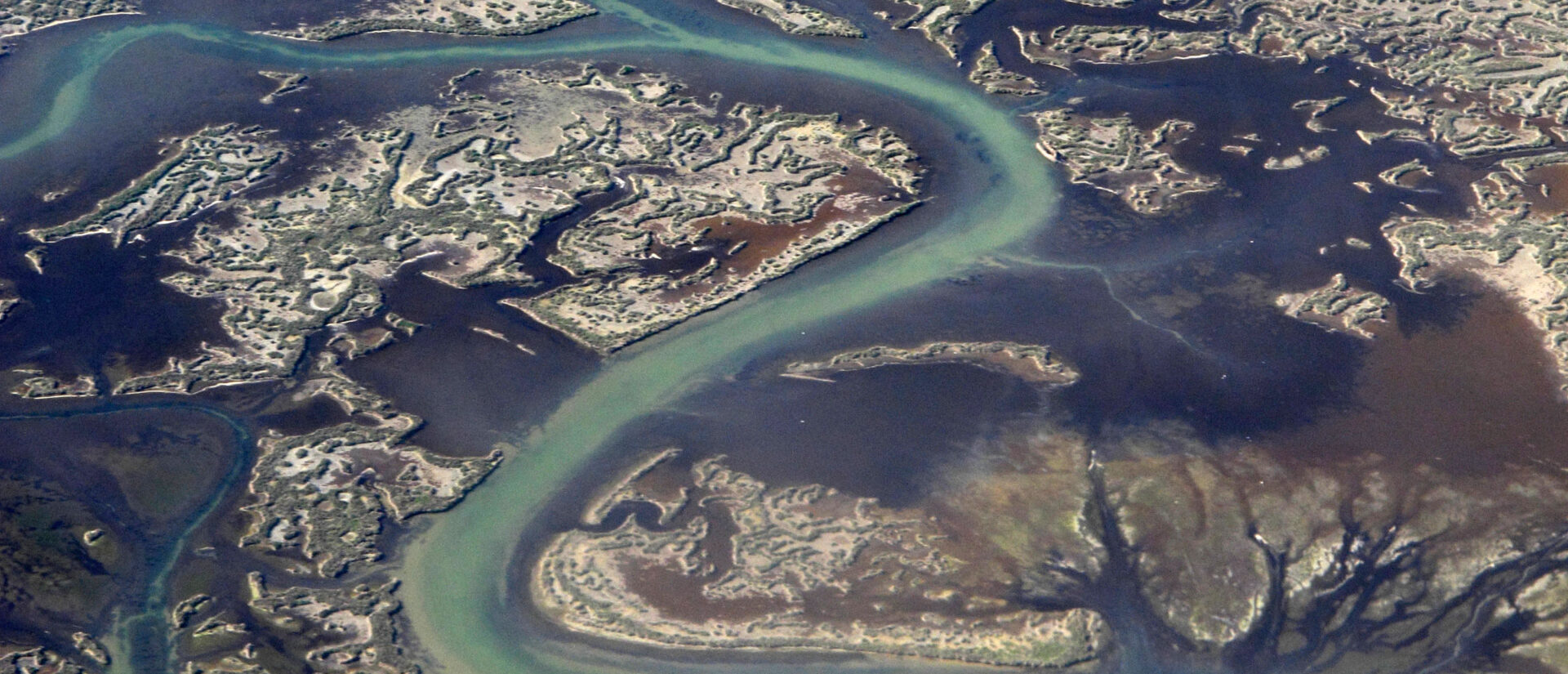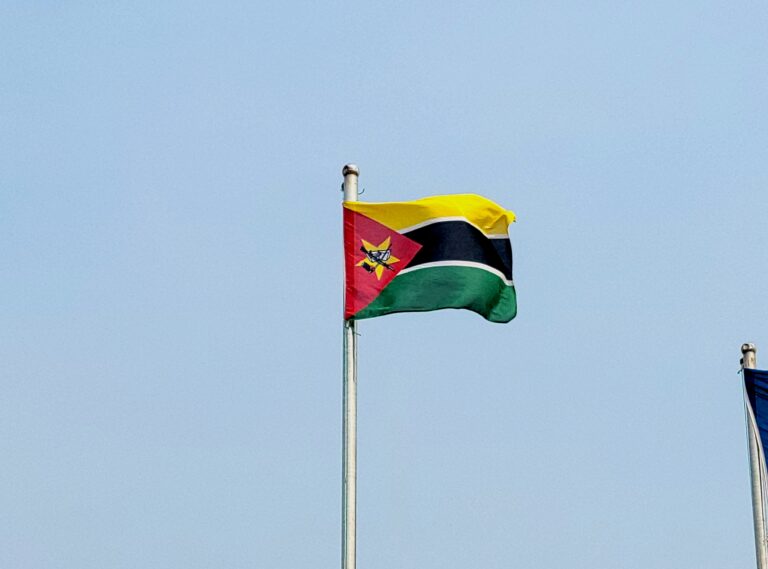
The polluter pays?
The chemical company Miteni is suspected to have caused environmental pollution in the Veneto Region of north-east Italy. The company repeatedly claimed not to be responsible for it. Who owns this company? And how do they do their business? In order to be able to answer these questions, Greenpeace Italy commissioned SOMO to carry out a controversy and tax avoidance scan of the parent company, the International Chemical Investors Group (ICIG).
The International Chemical Investors Group (ICIG)
In 2013, an Italian government study showed the presence of chemicals in the surface and drinking water of the Veneto Region of north-east Italy. The source of 97% of the contamination was identified as a wastewater treatment plant that receives discharges from many industries. The companies discharging into this plant included the chemical company Miteni, an enterprise specialising in the production of fluorochemicals which are used to make stain-resistant, waterproof or non-stick finishes. In 2015, the average concentration of these chemicals in the blood of the most exposed populations showed that these levels are still more than 20 times higher for one of the chemicals (PFAO) and twice as high for the other chemical (PFOS) compared to median concentrations.
The company repeatedly claimed not to be responsible for the pollution. They pointed to previous management and the fact they were not aware of the serious environmental risks associated with the waste water treatment plan. Nevertheless, in their 2009 budget they referred to the implementation of a hydraulic barrier, a common reclamation technique in polluted sites where contamination can directly affect aquifers. Why would they have done that if they were not aware of the problems with the waste water treatment plan?
The report concludes that Miteni currently finds itself in an extremely difficult financial situation and that it is unlikely that the company will be able to pay reparations for the environmental pollution it is suspected to have caused. In the last 12 years ICIG has bought 24 other companies, some of which they acquired using so-called leveraged buyouts. A leveraged buyout happens when a company is bought using a loan for which the acquired company itself is used as collateral. This method of acquisition is very controversial, as it lowers the risk for the buyer while weakening the financial position of the acquired company, at times causing the acquired company to be run into the ground. Furthermore, it was concluded that ICIG is likely avoiding taxes in the countries where it operates, while paying a 3% effective tax rate in Luxembourg where its headquarters (but none of its operations) are located.
- Find here a report by Greenpeace based on SOMO’s findings (in Italian).
- Read here the public statement by Miteni.
Do you need more information?
-

Vincent Kiezebrink
Researcher
Partners
Related news
-
 Tax avoidance in Mozambique’s extractive industriesPosted in category:Long read
Tax avoidance in Mozambique’s extractive industriesPosted in category:Long read Vincent KiezebrinkPublished on:
Vincent KiezebrinkPublished on: -
The treaty trap: The miners Published on:
 Vincent KiezebrinkPosted in category:Publication
Vincent KiezebrinkPosted in category:Publication Vincent Kiezebrink
Vincent Kiezebrink
-
The treaty trap: The gas companies Published on:
 Vincent KiezebrinkPosted in category:Publication
Vincent KiezebrinkPosted in category:Publication Vincent Kiezebrink
Vincent Kiezebrink

